How To Be A Mental Health Ally

Everyone tells us to reach out when we feel mental distress. However, sometimes we struggle to reach out. Stigma, shame, and prejudice contribute to people feeling unable to do so. In October 2020, the Department of Health (DOH) calls for a unified response to mental health. The Philippine World Health Organization (WHO) Special Initiative for Mental Health conducted in the early part of the year shows that at least 3.6-million Filipinos suffer from one kind of mental, neurological, and substance use disorder. So, being an ally can shift the world to be safer and more supportive for people, especially those who experience difficulties with their mental health.
How To Be A Mental Health Ally
Educate yourself.
There are a lot of things to learn about mental health. Learning from people with their own experiences is the best place to start. A lot of creators on social media platforms share their experiences. There are also podcasts, seminars, and personal essays that you can delve into. The fear of mental illness is often rooted in a lack of education and understanding. Conduct your own research to better understand the basics of some of these conditions when you check out trusted resources.
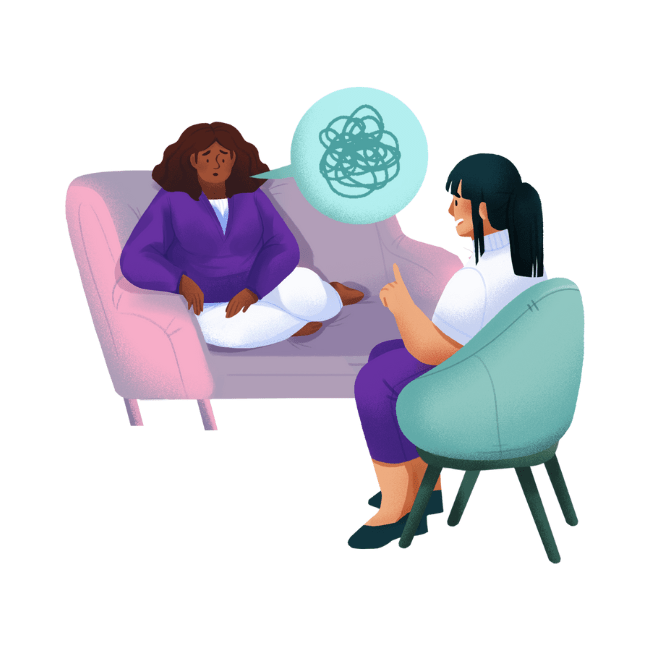
Listen with empathy and an open mind.
Listening sounds so simple. However, really listening to someone can take practice. If someone experiences distress, communication can become difficult. Taking the time to listen and understand can make a space for a range of experiences. Aside from that, it also doesn’t add pressure to the conversation.
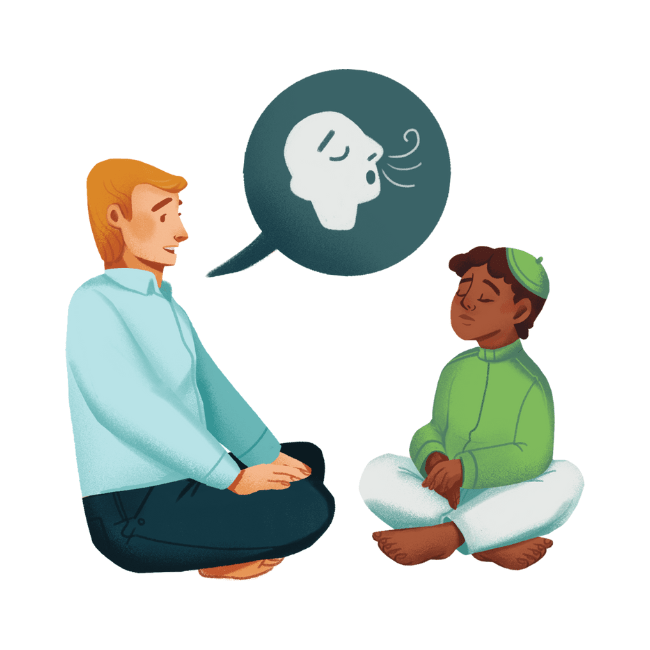
People often avoid disclosing their mental health issues because they feel afraid of judgment and discrimination. A mental health ally should understand that talking about a condition might make them feel incredibly vulnerable and nerve-wracking for someone else. Let them know that their voices are being heard.
Listen closely, do not interrupt, and acknowledge that they are not defined by their mental illness. Show empathy and put yourself in their position. Respond in the way that you would want someone to respond to you when you share something difficult and private. Validate their concerns and respect their boundaries.
Be mindful when reacting and validating their experiences.
You never know what someone is going through just by looking at them. Being a mental health ally means being conscious and mindful of your word choice when conversing with them. For example, calling someone insane devalues the experiences they’ve had due to their mental health issues. This might be verbal, like describing what they have gone through or what they feel.
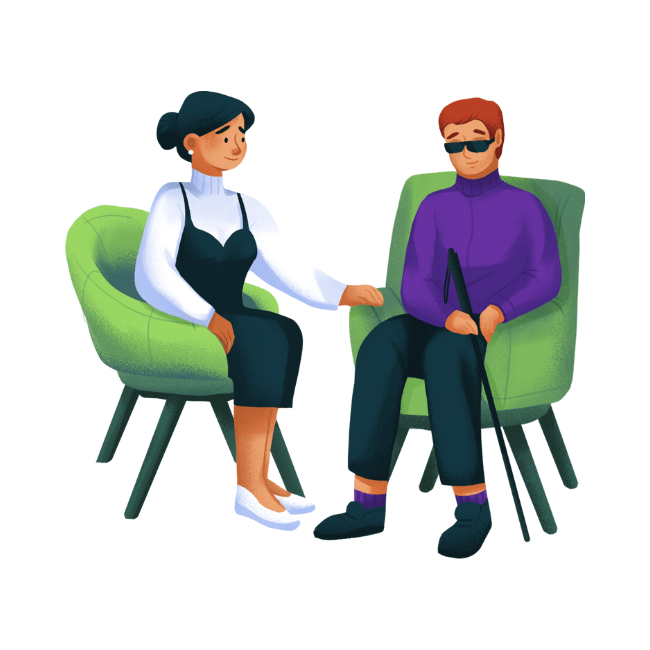
However, it might also remain non-verbal. For example, if they feel overwhelmed, they may become withdrawn or have difficulty communicating. Being a mental health ally also means validating them with alternative ways of communicating. Leave lots of time for replies and allow people to communicate the way they prefer. Validate them through understanding and respecting boundaries, ideas, and individuality.
Take care of your own mental health and share your story.
Mental health issues are frequently not taken as seriously as physical health problems. When you have a persistent cough for a couple of weeks, you decide to visit a professional and ask the doctor for help. You should do the same thing when you feel your mental wellness going under the rug or writing things off as a ‘bad day.’
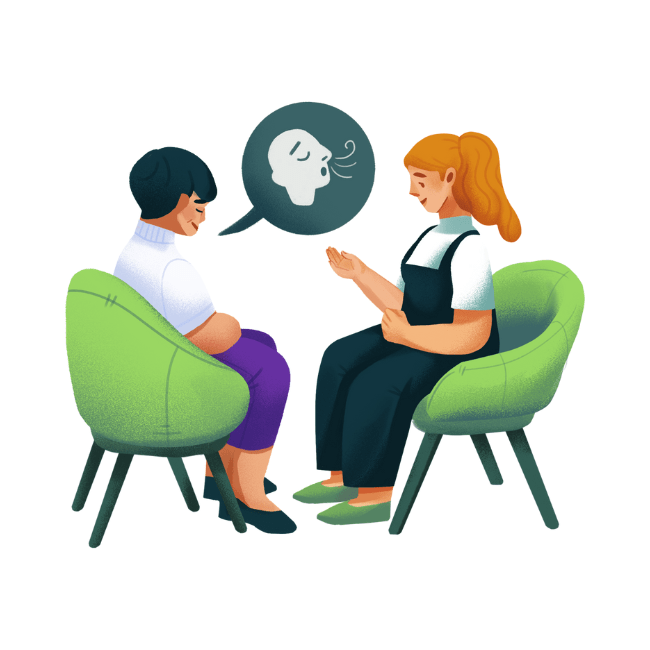
Advocate your own mental health and seek treatment when you need it. Help to normalize the topic and motivate others to do the same. Sharing your story allows for awareness and visibility. It makes mental health become an approachable subject for everyone. Share your experience whether it’s with a serious lifelong mental illness or your daily struggles with anxiety.
Speaking up allows boosting a person’s voice if they speak from experience. It feels exhausting and unsafe. However, when a mental health ally actively supports them, it reduces that. The burden of education placed on people with experience is relieved when speaking up.
Demonstrate safety while avoiding stigmatizing language.
Don’t use words like crazy to describe people or situations, as well as not use mental illness terminology to vilify a person. We often see people in distress referred to using stigmatizing medicalized terms such as ‘psychotic.’ Avoid this and speak up when you notice someone using these.
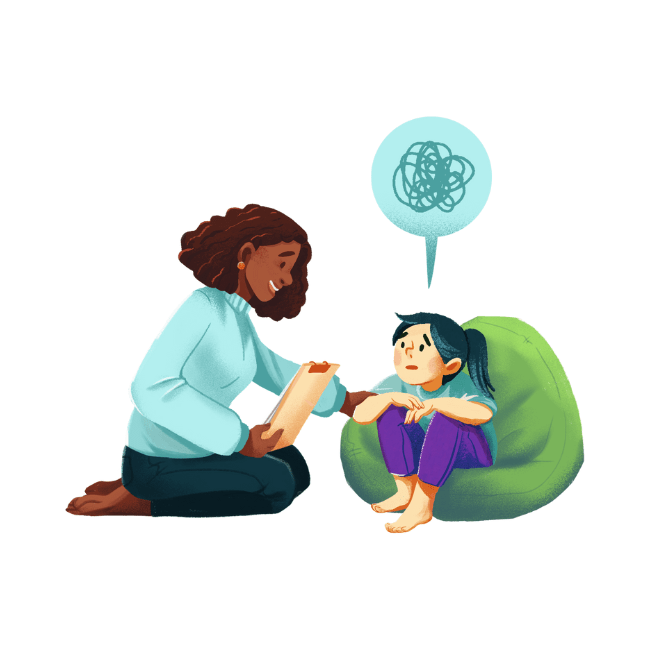
This can also become a great way of demonstrating your support for mental health. Mental health allies can also demonstrate safety by remaining gentle and humane in the way they interact with people. Normalize talking about feelings.
Being a mental health ally is a lot of work. But, it helps a lot with challenging the stigma and assumptions around mental health. As an ally, you can help create a world free from it and allow yourself to be supportive of the people around you.
Angela Grace P. Baltan has been writing professionally since 2017. She doesn’t hesitate to be opinionated in analyzing movies and television series. Aside from that, she has an affinity for writing anything under the sun. As a writer, she uses her articles to advocate for feminism, gender equality, the LGBTQIA+ community, and mental health among others.






